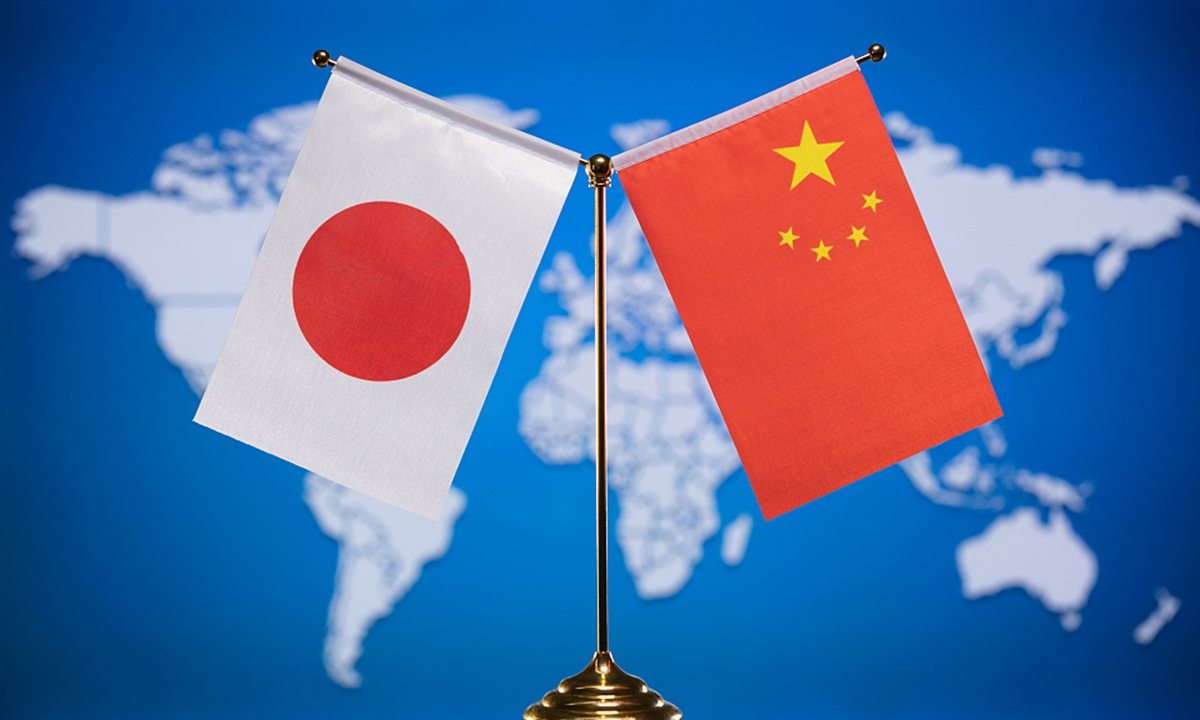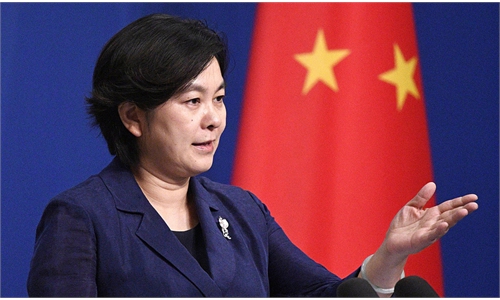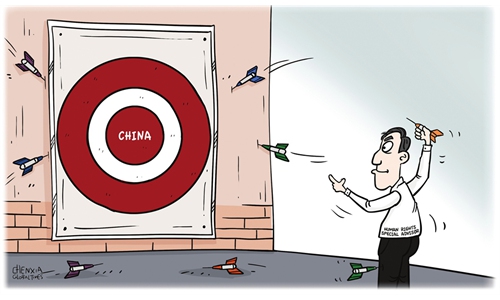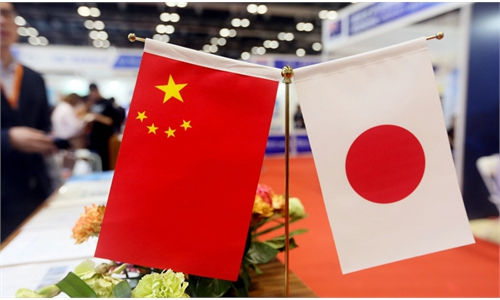Provocative policies toward China main factor of plunge of Chinese impression of Japan: observers

China and Japan Photo: VCG
A Japanese think tank survey showed on Saturday that the share of Chinese who have a favorable impression of Japan has tumbled. Chinese observers believe the main factor could be Tokyo's provocative policies toward China, including those on the infamous Yasukuni Shrine and Diaoyu Islands issues, as well as the Taiwan question, urging Tokyo to reflect and make concrete moves to improve China-Japan ties.
In the annual survey, conducted in November and December 2021, by the Japan Press Research Institute in six countries, 26.3 percent of people in China said that they feel close to Japan, down 13.4 percentage points from the previous year, Japanese media outlet Jiji Press reported, noting that the drop was the largest on record.
Another survey, jointly conducted by the China Foreign Languages Publishing Administration and Japanese think tank, Genron NPO, released on October 20, 2021, showed a similar result with 32.1 percent of Chinese respondents having a "very good" and "relatively good" impression of Japan, down 13.1 percentage points from 2020.
Also, the joint survey that was conducted in October, 2021 showed that the percentage of Japanese respondents with a "poor" impression of China has seen no improvement over the last year.
Liu Jiangyong, Vice Dean of the Institute of Modern International Relations at Tsinghua University, told the Global Times on Sunday that generally, the change in the feelings of Japanese towards China is relatively small, while the feelings of Chinese towards Japan have fluctuated considerably.
In recent years, especially during Suga's and Kishida's cabinet, Japan's China policy has not been well received by the Chinese people.
Since former Japanese prime minister Shinzo Abe claimed in December 2021 that "a Taiwan emergency is a Japanese emergency," which has become the mainstream right-wing argument in Japan, Chinese people have been more and more aware of the blatant provocation by Japanese senior politicians on China's core interests.
Two weeks after taking office, Japan's Prime Minister Fumio Kishida pressed two hot buttons in October 2021, by sending a ritual offering to the infamous Yasukuni Shrine and claiming that the Fukushima wastewater release cannot be delayed despite opposition from home and abroad.
Sending an offering to the Yasukuni Shrine followed the footsteps of Kishida's predecessors, Shinzo Abe and Yoshihide Suga, which once again demonstrates the rise of right-wing conservative forces in Tokyo, observers noted.
Also, Japan has cooperated with the US in promoting a "free and open" Indo-Pacific strategy around China, and strengthened the US-Japan alliance, Liu said.
Although China and Japan had a friendly interaction during the Beijing 2022 Winter Olympics this year, with the Games' mascot Bing Dwen Dwen and Japanese figure skater Yuzuru Hanyu widely cheered in both counties, the people's feelings are not easily changed by such tidbits. Political ties have more influence over surveys, Liu said, highlighting that, if another survey was conducted after the Games, the results would not change much.




